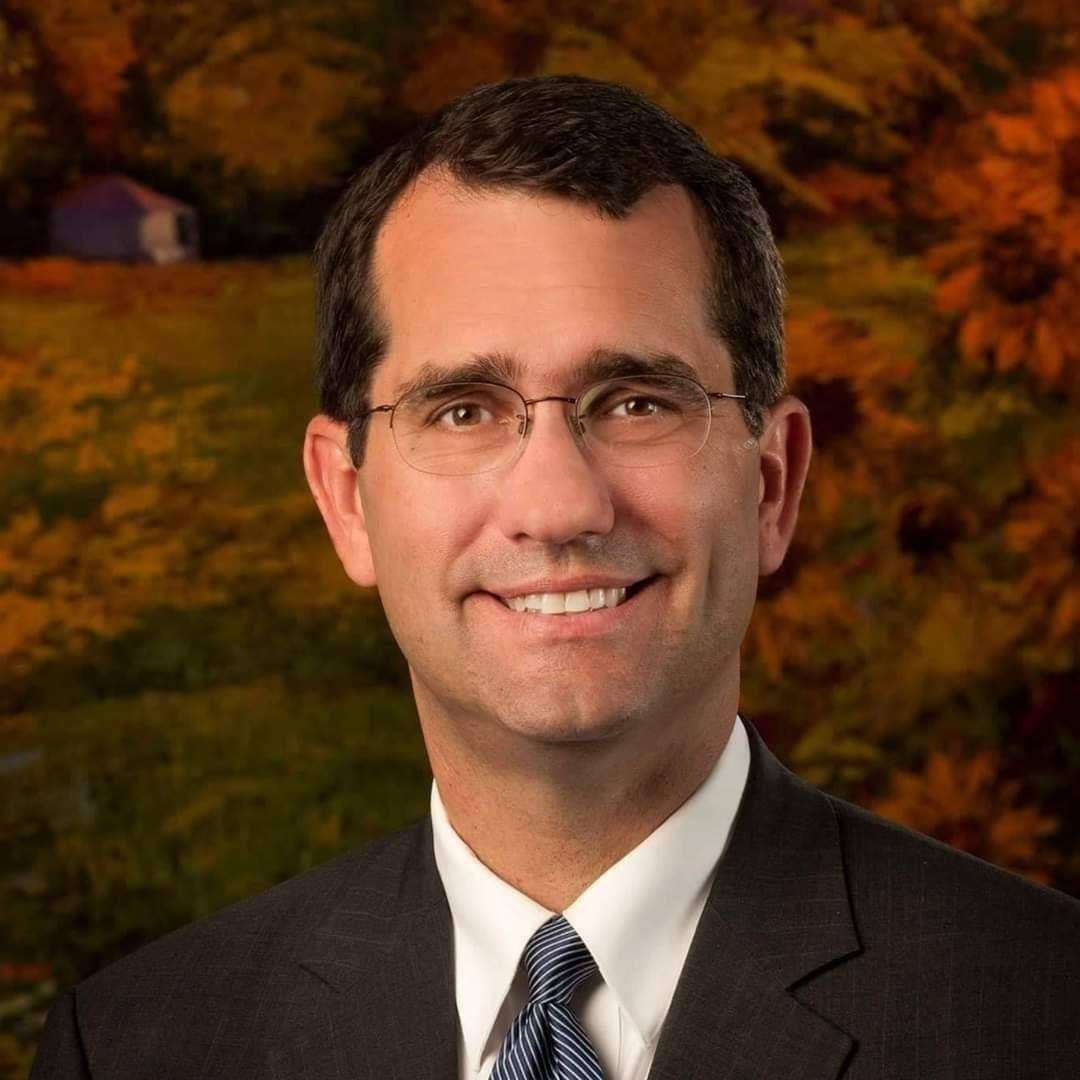
By NICK GOSNELL
Hutch Post
HUTCHINSON, Kan. — The bill signed by Kansas Governor Laura Kelly for COVID-19 response has important provisions in it to balance public health and privacy concerns regarding contact tracing.
"When you're talking about a global pandemic that in Kansas has affected every county, there's not a confirmed case in every county, but there was a state of emergency, and where you're talking about adding literally hundreds of people to do this contact tracing, the issue is, of course, those folks all gather information that sometimes is really quite personal about people," said Kansas Attorney General Derek Schmidt. "What happens to the information? How can it be used? Who may access it? What happens to it when the pandemic is past? All of those basic questions, that in a 21st century information economy we're accustomed to asking about everything, from our cell phones to our video games, have never been asked about contact tracing."
The measure puts in place a privacy law that's specifically targeted at COVID-19 contact tracing. It sets out those basic privacy and civil liberty rights, including an important one for everyone with a device in their pocket.
"One of the modern tools is, of course, digital," Schmidt said. "You can track a person's cell phone and figure out where they've been and whether they've been close to another person's cell phone and then you know they've had contact, so you can communicate that way, but that's really disturbing to a lot of Kansans, understandably. This new law flat prohibits that sort of contact tracing, the cell phone location data tracing."
The scope of contact tracing is the reason to regulate this so tightly. There is a chance some contact tracers may not have as much training this time around as would be typical in smaller disease events.
"It's one thing if you have a very limited outbreak of a disease in a discrete geographic location and the people who are doing the contact tracing are, in their day jobs, for lack of a better term, trained public health professionals and they are used to dealing with things like HIPAA and medical privacy. It's quite another thing when the scope of contact tracing may be so broad, as it is now, that hundreds of people, who aren't necessarily connected to the public health community at all, are being hired to ask these questions and gather this information on behalf of the public health community."
The statute limits the questions those contact tracers can ask, it limits them to sharing the information with only those people who need to know it and it provides for the destruction of the information, once the pandemic has passed.





